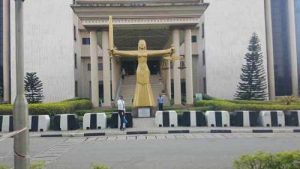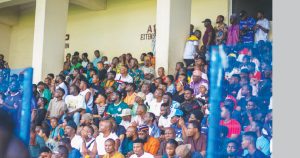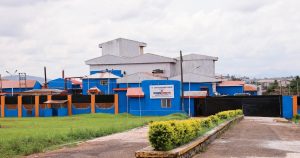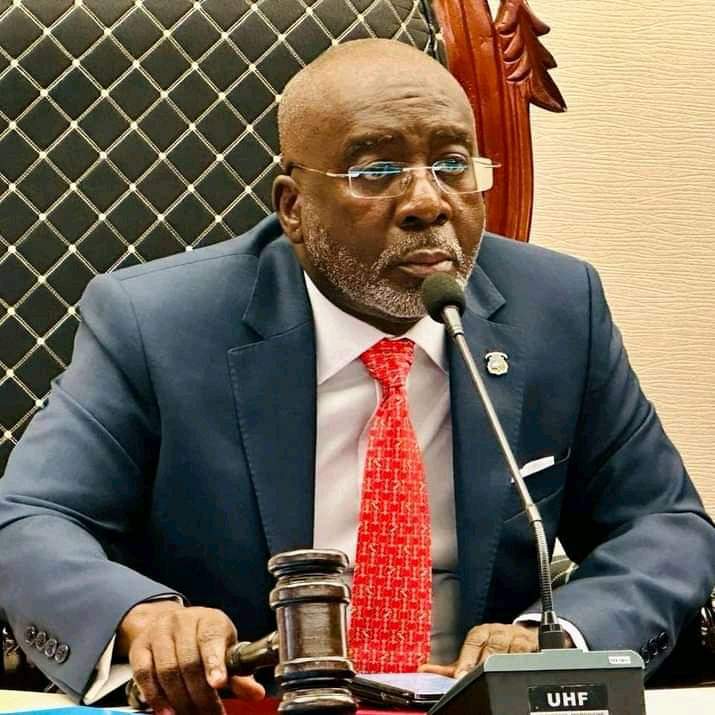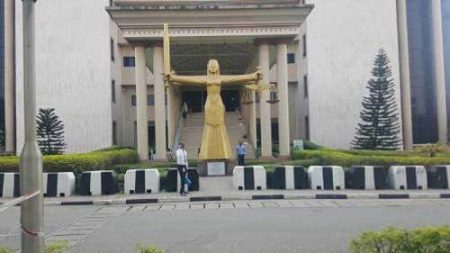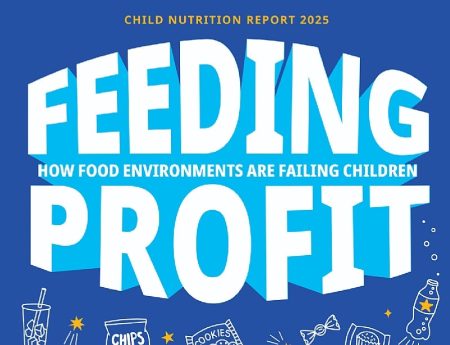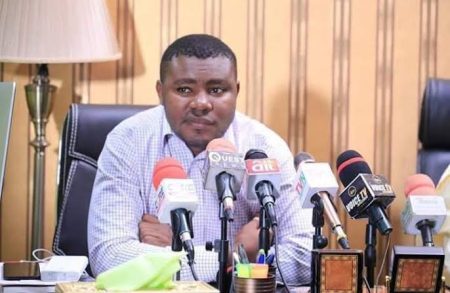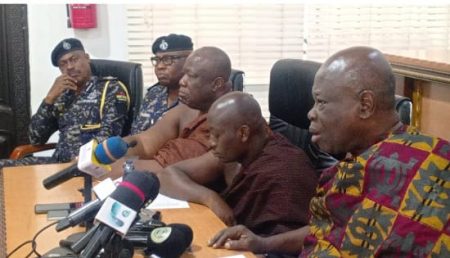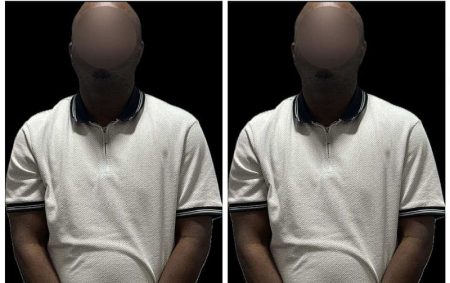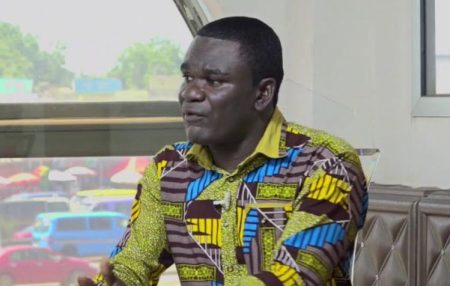On November 1, 2024, President Joseph Nyuma Boakai addressed a pressing issue in Liberia’s legislature by reaching out to House Speaker Cllr. Fonati Koffa regarding the national budget. The Ministry of Finance had requested additional time to prepare an accurate budget due to ongoing political turmoil within the legislative chambers that hindered their ability to finalize critical revenue forecasts. Originally, the draft budget was supposed to be presented on October 31, 2024; however, President Boakai’s formal request to extend the deadline aimed to ensure thorough preparation of the budget. He proposed a new submission date of November 8, 2024, in light of these challenges.
The political context in which this budget request unfolded is vital to understanding the situation. The House of Representatives has recently been afflicted by significant strife, with approximately 40 representatives opposing Speaker Koffa’s leadership. These representatives have held separate meetings to discuss a potential ousting of the Speaker. Despite this internal discord, Koffa has managed to retain the support of around 30 legislators. However, his authority remains fragile as he requires seven additional votes to effectively conduct legislative sessions. President Boakai’s communication subtly acknowledges Koffa’s precarious position and indicates that the executive branch is poised to support the Speaker, as the rebel faction lacks the majority needed to formally remove him.
In his correspondence, President Boakai highlighted the necessity for additional time to ensure that the upcoming budget is comprehensive and includes various potential sources of revenue, aligning with national priorities. He cited the importance of adhering to the regulations set forth in the 2019 amendment of the Public Financial Management Act of 2009, which governs budgetary processes. The President noted that engagement with development partners is crucial for effective budget formulation, underlining a collaborative approach to fiscal planning that involves stakeholders beyond the government’s confines.
Furthermore, the President conveyed that the Ministry of Finance is currently in discussions with the Liberia Revenue Authority and other key entities to finalize economic assumptions for the revenue forecast. This step is essential for establishing a realistic and effective budget, particularly as the government prepares for the implementation of the ARREST Agenda for Inclusive Development beginning in January 2025. Such discussions indicate an effort to align budgetary ceilings and spending priorities with strategic national development goals.
President Boakai expressed confidence that the extended timeframe would ultimately benefit the legislative process, fostering an atmosphere of cooperation and consultation that is critical for the successful execution of the national budget. He emphasized the importance of securing a budget that meets the public’s needs and expectations, suggesting that the budget process has the potential to strengthen the link between the executive and legislative branches of government.
In conclusion, President Boakai’s appeal for additional time to present the national budget reflects a broader endeavor to navigate the complexities of Liberia’s political landscape while prioritizing fiscal responsibility and inclusive development. By proposing a new submission date and emphasizing collaboration with various stakeholders, the President aims to solidify the foundations needed for a successful fiscal year ahead, ultimately aiming to reinforce a shared national vision. The situation underscores the intertwined nature of governance and budgetary processes, particularly in a politically charged environment, and demonstrates the potential for unity amidst challenges within the nation’s legislature.


